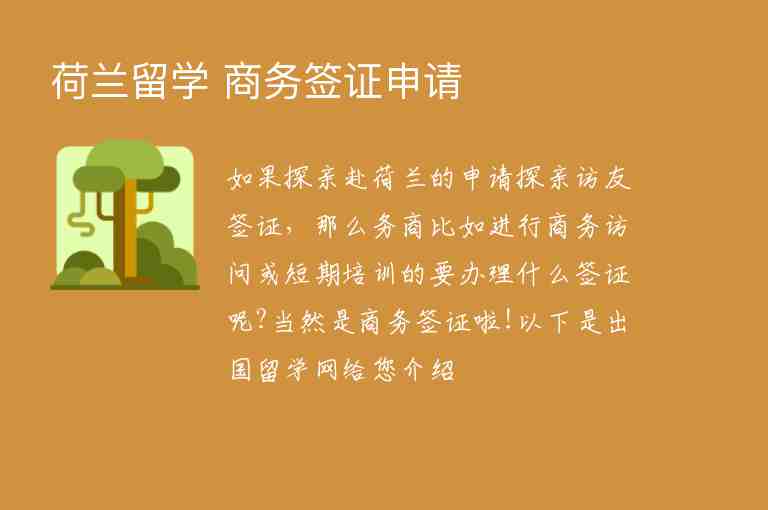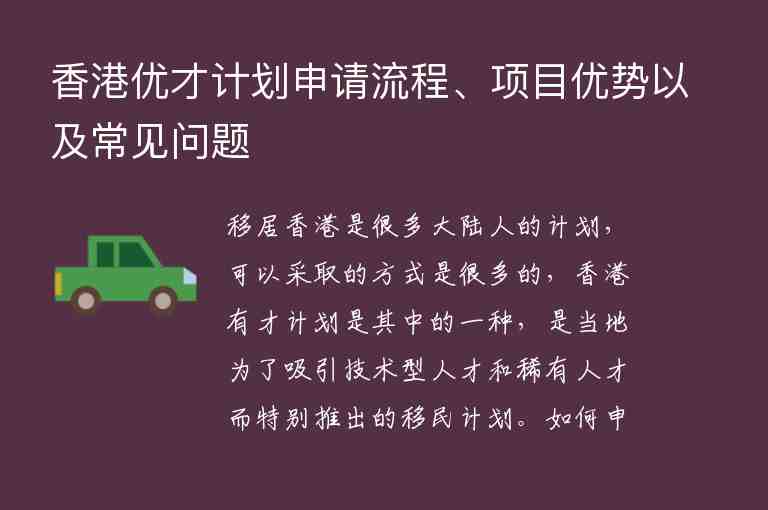['ægɑːn]
noun.
agon is a noun which means a struggle or contest, especially between characters in a literary work.
用法:
agon是一个名词,指的是一场斗争或竞争,特别是文学作品中人物之间的斗争。
例句1:
The novel portrays the agon between good and evil, with the protagonist fighting against the forces of darkness.
这部小说描绘了善恶之间的斗争,主人公与黑暗势力进行着激烈的抗争。
例句2:
The play's climax is the agon between the two rival gangs, each trying to gain control over the city.
剧本的高潮是两个敌对团伙之间的斗争,每个团伙都试图这座城市。
例句3:
In Greek tragedies, the agon often represents a conflict between fate and free will.
在希腊悲剧中,agon经常着命运和自由意志之间的。
例句4:
The political arena is often described as an agon, with different parties competing for power and influence.
舞台常被描述为一个agon,不同政党为权力和影响力而竞争。
例句5:
The novel's climax is an intense agon between two brothers, torn apart by their conflicting beliefs.
小说的高潮是两兄弟之间激烈的agon,他们因相左的信念而分裂。
同义词及用法:
1. conflict:指任何形式的,可以是身体上的,也可以是上的。
2. struggle:强调斗争的艰难性和困难性。
3. contest:指一场竞赛或争夺,常用于非文学作品中。
4. battle:强调双方之间的武力。
5. confrontation:指面对面的对抗,通常指言语或思想上的。
编辑总结:
agon是一个文学术语,用来描述文学作品中人物之间的激烈斗争。它可以指代任何形式的,但更多地被用于描述层面上的斗争。在使用时需要注意与其他同义词的区别,以免造成歧义。


